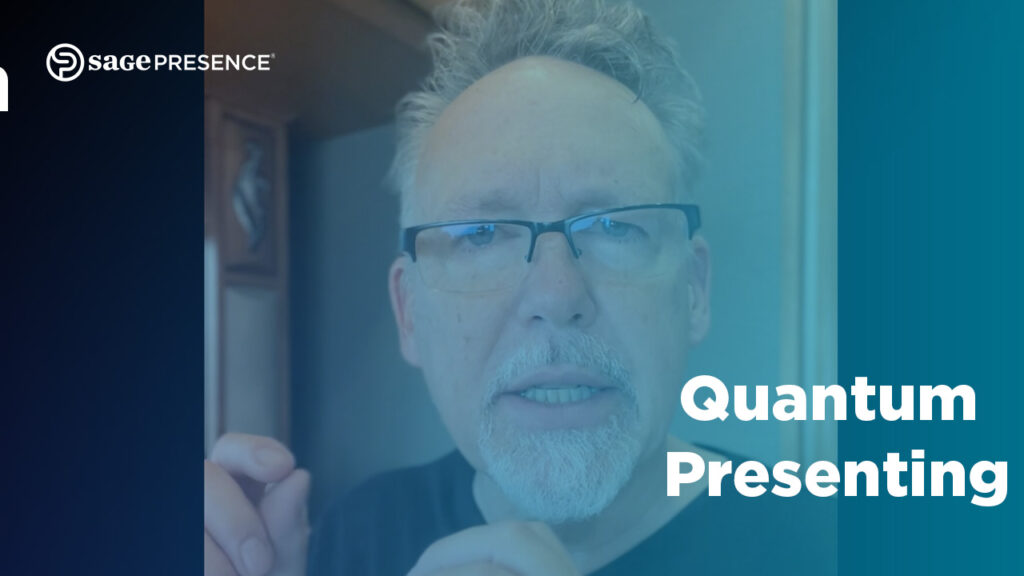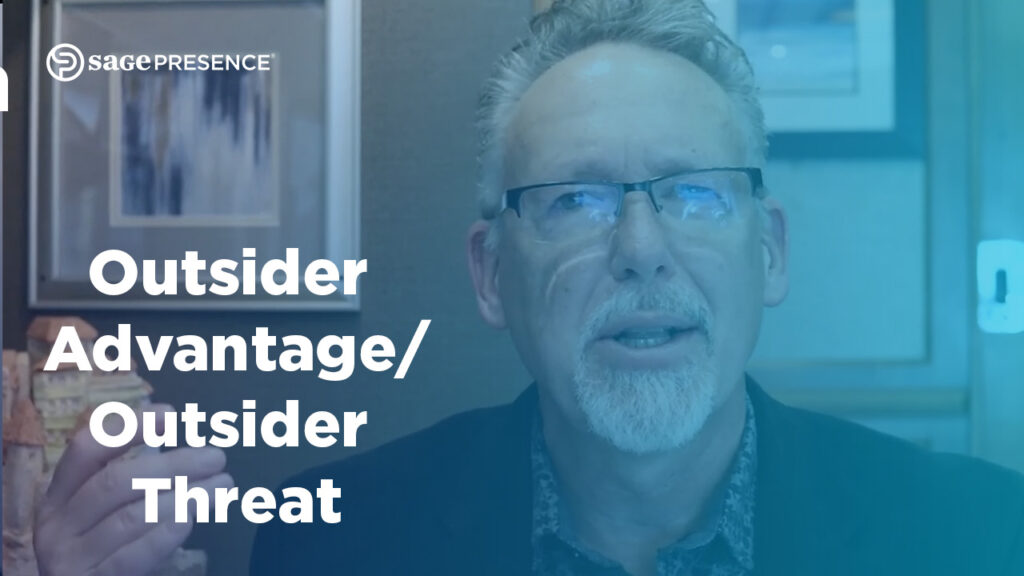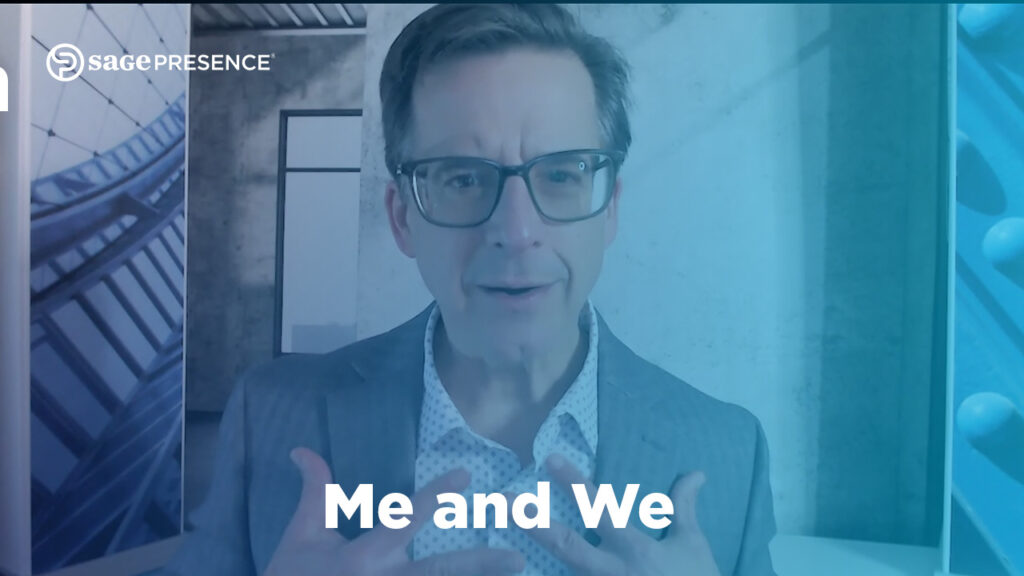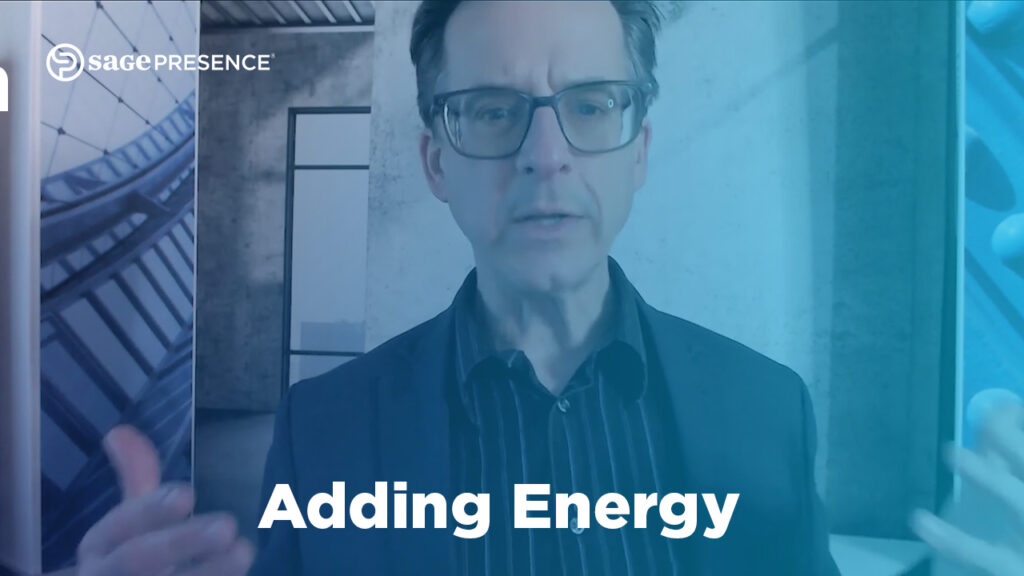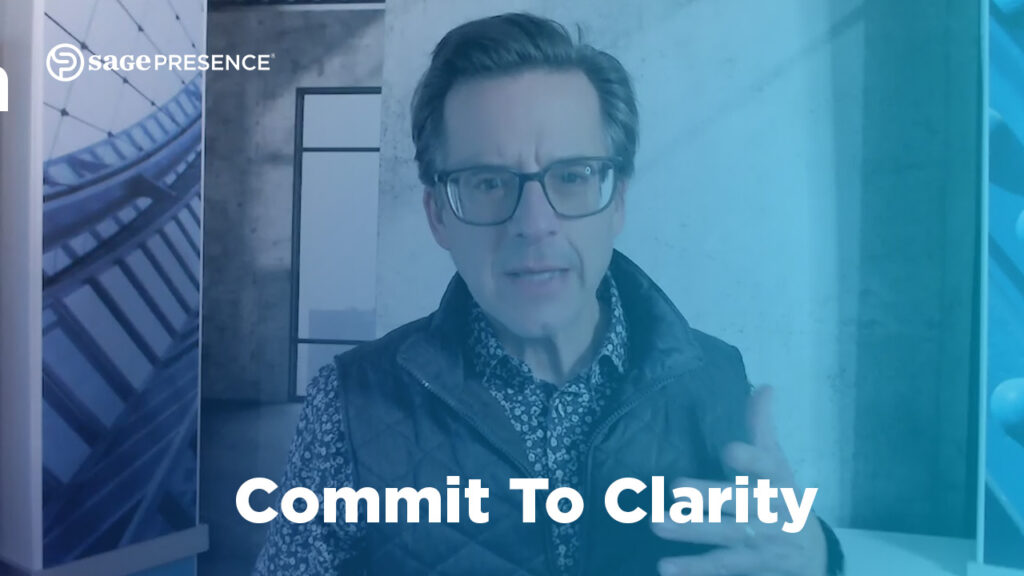
A lot of people shy away from powerful toasting just like they do public speaking, so maybe this is an opportunity to work on both. Dean shares 3 simple tips for better toasting, so your moment in the holiday spotlight can be one to remember.
Check out our presentation support page here.

